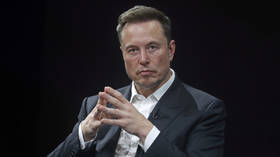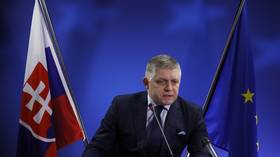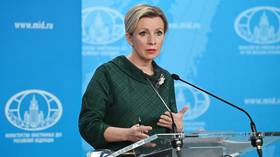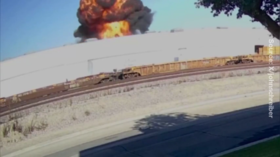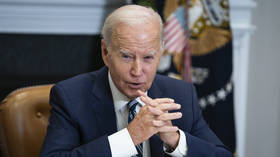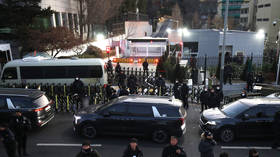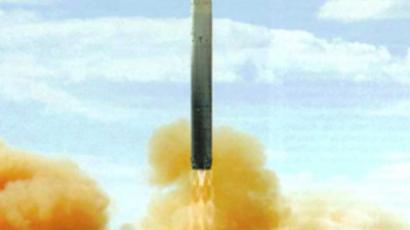Back on track: Russia and NATO resume military ties
Russia’s and NATO’s military chiefs have met for the first time since the conflict in South Ossetia. The situation in Afghanistan as well as anti-missile defense plans were among the main topics discussed in Brussels.
That’s according to the Russian ITAR-TASS news agency, citing unnamed diplomatic sources.
The sides reportedly agreed upon a military cooperation plan for the year 2010. It includes more than 30 areas of common interest, including anti-piracy, counter-terrorism and emergency efforts.
“The main issue discussed was the situation in Afghanistan,” commented Russia’s envoy to the alliance, Dmitry Rogozin. “Many NATO countries consider Russia to be a partner that could support the Afghan army. NATO realizes that it can leave Afghanistan only when there is a strong political leadership and security services that can control the situation. The Afghan army likes military equipment produced in Russia, that’s why Russian assistance is very much in need,” he said.
Rogozin hailed the progress:
“We can now say that military cooperation between Russia and NATO has been fully restored. It is the last step in ‘unfreezing’ our relations because having political dialogue with a military organization and not backing it by real deeds is unthinkable.”
The last such meeting was held in May 2008. Relations were frozen immediately after the events in South Ossetia in August that same year.
The decision to restore full-fledged cooperation was made in March 2009. Last month saw a real shift in relations with the first formal Russia-NATO Council meeting and NATO Secretary-General Anders Fogh Rasmussen’s visit to Moscow.
Mikhail Troitsky, a political analyst from the MacArthur Foundation thinktank, says the unfreezing of relations is important for both Russia and NATO, who clearly understand their mutual interdependence.
“NATO cannot provide for its own security without engaging Russia. While Russia has to come to terms with NATO as the world’s most powerful political and defense block,” Troitsky believes.



